The Australasian Centre for Wesleyan Research will hold its 10th Scholarly Conference on the campus of Eva Burrows College 13-15 September 2019.
The rate of technological change appears to be opening toward a future in which the centrality and uniqueness of human beings as rational creatures may undergo a shift. What are the biblical, theological, ethical, philosophical, and practical implications of the development of sentience within artificial intelligence? In his sermon ‘What is Man?’ John Wesley spoke of the human being as a ‘curious machine,’ reflecting the eighteenth-century view of the person as a set of complex mechanisms animated by the soul. What ‘curious machines’ may lie ahead of us, not made in the image of God but in the image of a flawed creator? Human enhancement, genetic modification, remotely controlled weapons, the replacement of human labour and skill by robots, the commodification of data, and the development of independent reasoning powers in artificial intelligence all carry both promise and risk. Such themes have been well explored in popular culture and ethicists are beginning to take such questions seriously.
What insights does a Wesleyan theological anthropology bring? How unique is human reason and intelligence? Could a robot ever possess a ‘soul’? Will the future be post-human and what theological approaches will help us prepare for that possibility? Should the rate of technological change be slowed so that we can reset our moral and ethical compass? Or is technological change and development simply a movement toward humanity’s fulfilment in God? Thirty-minute papers are invited on this theme from across the entire range of theological disciplines including cultural studies.
Call For Papers
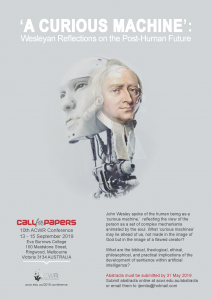
Thirty-minute papers are invited on this theme from across the entire range of theological disciplines including cultural studies.
We also invite shorter presentations (15 mins) that interpret a work of art or other image, including popular culture, gaming, sci-fi, and cinema.
Overseas presenters may be able to present their papers online.
Writing your abstract
Abstracts must be no more than 250 words. A useful abstract will include the following components:
– A clear statement of the question or issue to be addressed
– A summary of the position(s) to be presented in relation to the question or issue and/or an indication of key conclusions
– An indication of key sources of information to be drawn from – key writers, research, personal experience, biblical exposition, etc.
Important dates
31 May 2019 – Last date to submit the abstract
30 June 2019 – Successful applicants will be notified
Submitting your abstract
You can submit the abstract either online or by email.
Online: Submit your abstract using the online form at www.acwr.edu.au/abstracts
Email: Your abstract in a Word document must be emailed to ijemila@hotmail.com. The email must have a short biographical statement, including:
– Your name
– Church, academic, professional and/or community affiliations relevant to your submission
– Any experience and/or qualifications which support your submission
– Any other information you consider relevant for selection panel deliberations
Final paper
Thirty minute presentations should be 2500 – 3000 words. Fifteen minute presentations should be 1000 – 1500 words.
Papers presented at the Conference may be published online on the ACWR website and in our publication Journal of Wesleyan Thought.
Selection Criteria
The ACWR Conference is a safe and respectful space for theological conversation. It is expected that there will be a wide range of views expressed through papers and in responses from delegates. The aim of the Conference is to explore ideas rather than convince others of the rightness or otherwise of any particular position. Therefore we are looking for presenters who are able to clearly articulate their ideas in a respectful manner, allowing space for disagreement and discussion with others. We will also be selecting papers which represent a range of views. All abstracts will remain confidential to the ACWR selection committee.
More information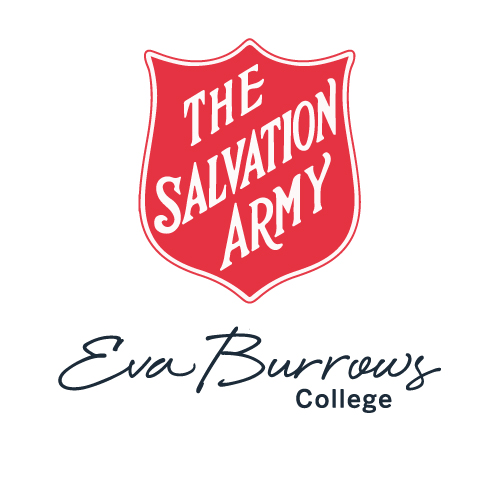
Eva Burrows College is a college of the University of Divinity from the Salvation Army tradition, based in Melbourne, Victoria.



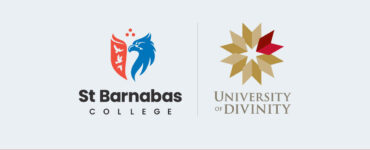
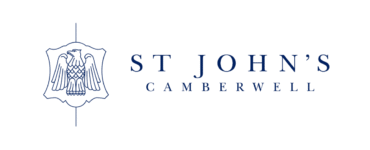
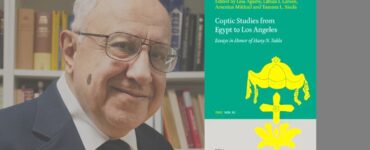
Add comment